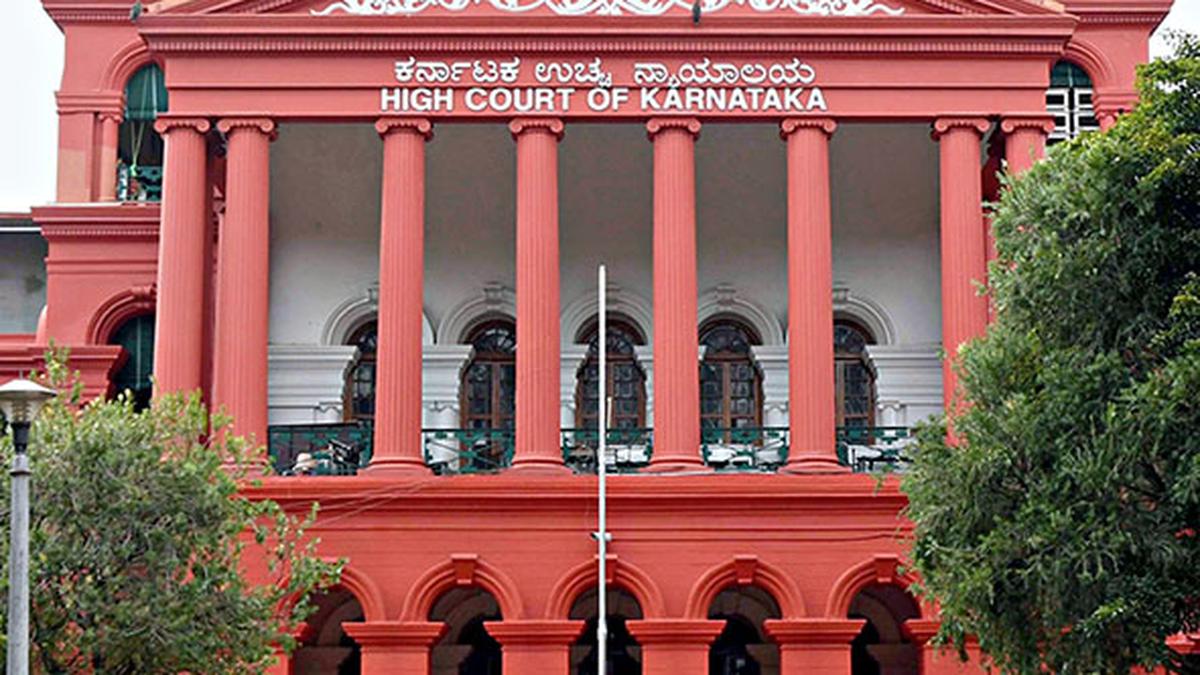
Karnataka High Court notice to State and Centre on plea to stop commercialisation of breast milk by private organisations
The Hindu
The counsel for the government of Karnataka brought to the notice of the bench that the Central Government had some time ago issued directions to States to cancel the licences issued to private organisations ‘treating mother’s milk as ayurveda, siddha, unani drug’. A private entity, whose license was cancelled by the State Government, had challenged the order before a single judge of the High Court, and the issue is pending adjudication.
The High Court of Karnataka ordered issue of notice to the State and Central governments on a PIL petition seeking a direction to the authorities to stop operations of private organisations engaged in commercialisation of breast milk in the form of collection, marketing and sale.
On November 13, a division bench comprising Chief Justice N.V. Anjaria and Justice K.V. Aravind passed the order on the petition filed by Munegowda, a resident of Bengaluru.
The counsel for the government of Karnataka brought to the notice of the bench that the Central Government had some time ago issued directions to States to cancel the licences issued to private organisations ‘treating mother’s milk as ayurveda, siddha, unani drug’. A private entity, whose license was cancelled by the State Government, had challenged the order before a single judge of the High Court, and the issue is pending adjudication.
Following this submission, the bench asked the petitioner’s advocate to implead Ministry of Ayush, Government of India and ordered issue of notice to the ministry.
Meanwhile, the bench directed the Registrar-General of the High Court to conduct an inquiry through the Registrar (Judicial) to find out how court’s website indicated that the notice on the PIL petition was already issued even though the court’s records do not contain any such order.
The bench issued this direction after the petitioner’s advocate pointed out that he had already paid the necessary fee for issuing notice to the respondents as the court’s website had indicated that the notice was ordered during an earlier hearing.
The bench found that it was erroneous information uploaded on its website about the status of court’s orders as the court had not ordered for issuing a notice. The bench directed that the inquiry should be conducted to ascertain how a wrong order was uploaded on its website, and also to ascertain any role of the petitioner in this connection.











